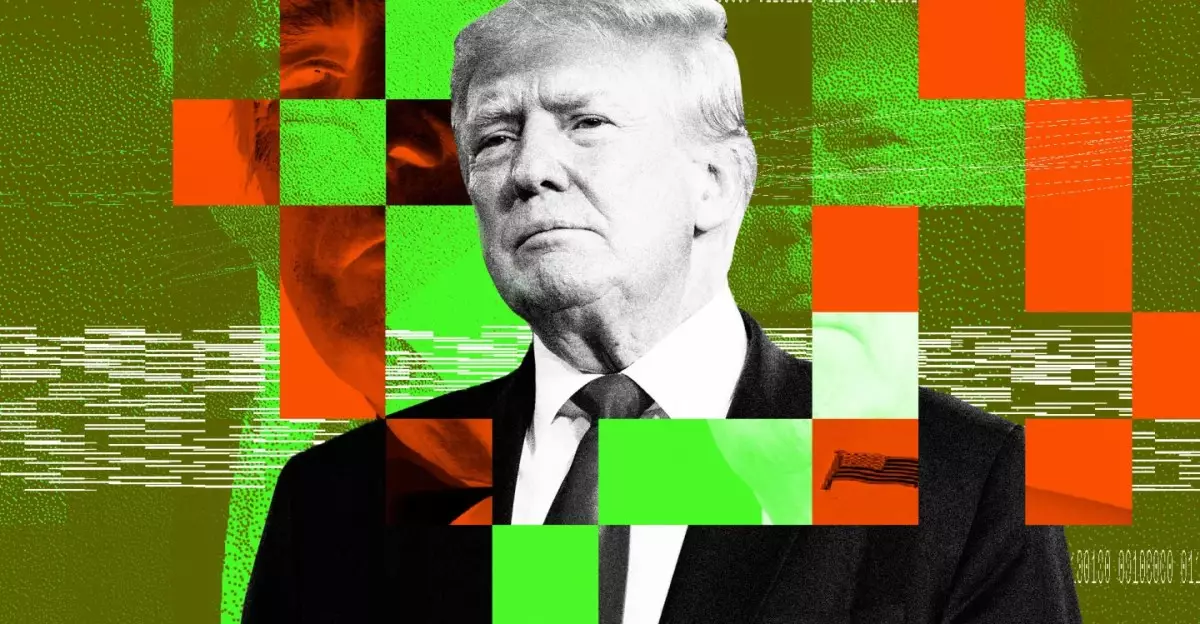The State Department’s recent suspension of student visa interviews marks a troubling chapter in the realm of international education. This unprecedented move leaves countless prospective students in a state of uncertainty, instilling anxiety not just in those directly affected, but also within the academic institutions that have long celebrated their diversity and contributions. The policy, which halts interviews and effectively places applicants in limbo, raises alarming questions about the underlying motives and the future of educational exchange programs.
Legal Challenges and Political Implications
Fifteen Iranian students and researchers have taken a courageous stand against the Trump administration, suing Secretary of State Marco Rubio over these visa suspensions. Their argument hinges on the Administrative Procedures Act, which is designed to prevent arbitrary rule-making. By pausing student visa interviews without clear justification, the State Department risks crossing legal boundaries, prioritizing political agendas over the educational pursuits of young minds. This legal action is not just about obtaining visas; it symbolizes the fight for equity and access to education in a time of divisive politics.
The Role of Social Media Vetting
Compounding this issue is the mandated disclosure of social media accounts for visa applicants, which has been in place since May 2019. This policy serves as a blatant warning that political ideologies could dictate who is deemed “worthy” to study in the United States. With students from specific Muslim-majority countries already facing intense scrutiny, the notion that the administration would prefer candidates that align with its political values is not only concerning but also discriminatory. This type of vetting appears to prioritize bias over merit and the academic integrity that the United States professes to uphold.
The Impact on Academia
The ramifications of these visa policies stretch far beyond individual applicants. Universities across the nation, including prestigious institutions like Yale and Harvard, could face immense challenges as they become less accessible to talented international students. With critical fields such as engineering, computer science, and finance on the line, this diminishing pool of prospective students threatens to weaken innovation and diversity within these educational environments. Moreover, the aggressive efforts to revoke visas based on tenuous connections—such as alleged affiliations with the Chinese Communist Party—introduces a chilling atmosphere, where students may feel compelled to censor themselves rather than freely explore their academic interests.
Concerns Over Regulatory Overreach
The State Department’s initiatives reflect a broader pattern of regulatory overreach that jeopardizes the foundational principles of free speech and academic freedom. Actions taken against international students engaged in protests demonstrate a willingness to suppress dissent and silence critical voices, which ultimately undermines the vibrancy of educational discourse. When institutions of higher learning become battlegrounds for political agendas, the core mission of nurturing diverse thoughts and perspectives is heavily compromised.
The landscape of international education is at a critical juncture. As applicants await updated rulings on their visa statuses, the broader implications of these policies prompt an urgent conversation about fairness, transparency, and the commitment to uphold the values of academic freedom that should permeate through educational institutions.

